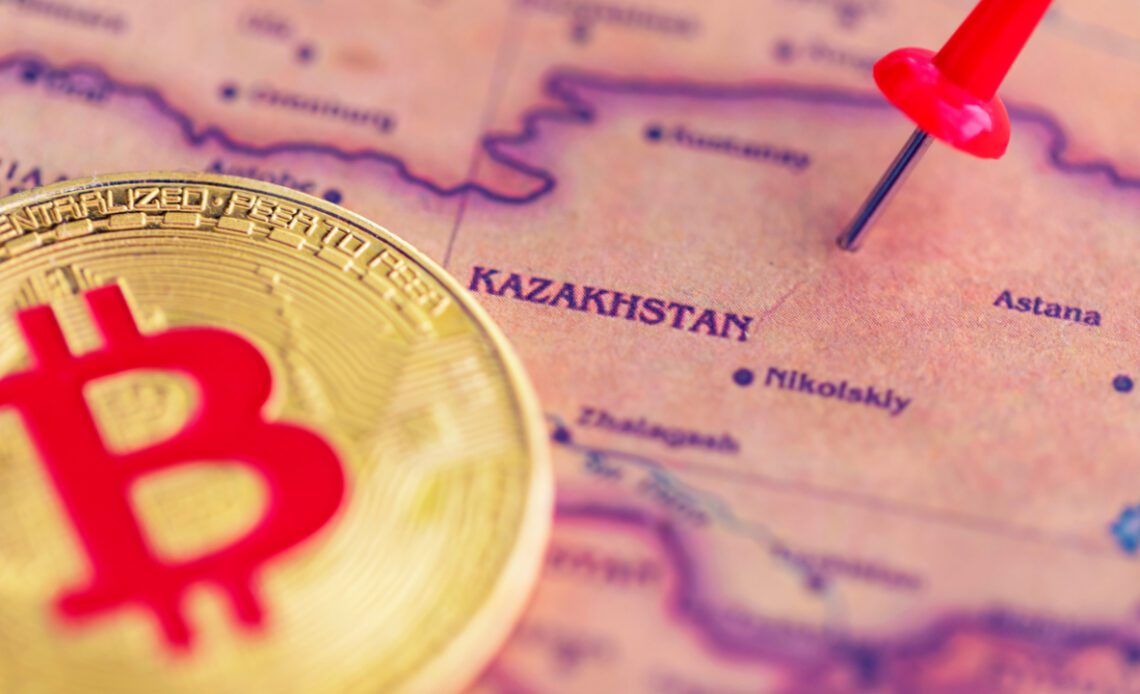The government of Kazakhstan has collected $1.5 million from crypto miners in the first quarter of this year, official data shows. The money comes from a fee charged on the electricity spent to mint digital currencies, which was introduced in January.
Crypto Mining Increases Budget Revenues in Kazakhstan
Kazakhstan has received 652 million tenge (almost $1.5 million) from the crypto mining industry in the first three months of the year, the government announced this week. The funds have been collected through a surcharge on the electricity used by mining farms operating legally in the country.
The fee, which was imposed on Jan. 1, 2022, is calculated at a rate of 1 tenge per kilowatt-hour of electrical energy burned for the extraction of cryptocurrencies. Entities operating mining facilities are expected to pay it no later than the 20th day of the month following the respective quarter.
The surcharge is not yet part of Kazakhstan’s tax code. Authorities now plan to introduce differentiated rates depending on the cost of the power utilized, and the necessary amendments were recently approved on first reading in the Mazhilis, the lower house of parliament.
On one hand, the move is expected to further increase budget receipts, and on the other, limit electricity consumption for the energy-intensive production of digital currencies. The Central Asian nation became a major mining hotspot after China cracked down on the industry in May last year.
The influx of miners has been largely blamed for the country’s growing power deficit, leading to the temporary shutdown of dozens of mining farms. The electricity shortages have already forced some companies to leave the country.
During a government meeting in February, President Kassym-Jomart Tokayev tasked officials to “multiply” the tax levy on crypto mining. He also ordered the nation’s financial watchdog to identify all mining farms in the country and check their tax and customs documents.
In early…
Click Here to Read the Full Original Article at Mining – Bitcoin News…
























